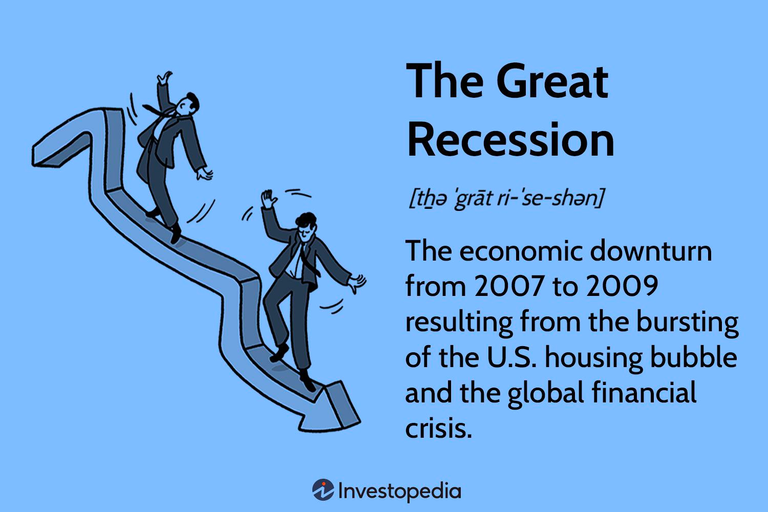Response to The Housing Bubble (2018)
Introduction:
As someone who was in their early childhood during this huge economic crisis, this documentary provided a detailed yet understandable retelling of this event. The common theme throughout this documentary was that the 2008 financial crisis could be blamed on both the government and citizens, but primarily the former. Additionally, the predictability of this economic crash was mentioned, which I found interesting.
Thoughts on The Housing Bubble:
Although this financial crisis can primarily be blamed on the government, which will be discussed later, I first want to discuss that points made about mistakes made by citizens. Firstly, it was mentioned that in periods of time where home and stock values go up, people do not worry as much about producing and/or saving money because they feel secure with their assets. Additionally, it was mentioned that most citizens do not make informed decisions about what bank they should use and are often kind of conned into mortgages they cannot afford long term. All of this to say, Americans as a whole are not financially intelligent. Most people see banks as a unanimous entity and feel as if the road to owning a home is just whatever someone tells them it has to be, which is particularly problematic when that road involves adjusted rate mortgages. Additionally, many of us, particularly in the younger generation, have little understanding of what a financial crisis is and how they come about. All in all, I think this points out a major flaw within our education system. Many states have begun requiring financial literacy programs; however, in my personal experience with said programs in Oklahoma, all I was taught was how to write a check. These classes should be teaching students basic principles they need to understand in order to be a financially sound member of society. Things that are arguably unavoidable aspects of life, like mortgages, should not be something that feels cryptic and could be used to trick us, but rather should be something easily understood. If something is going to be considered a fact of life, then it should be taught to us as such. After all, we often study history so we can avoid making the same mistakes in the future, so why don’t we apply that mindset to economics and finance as well?
Another aspect of this documentary I found interesting was the amount of people mentioned who predicted the collapse. It makes me wonder if in this day and age, if the patterns leading up to a financial crisis repeated, if we would be able to predict the outcome and if we could do anything about it. I believe that with the advancements in technology, such as AI, we would definitely be able to predict a large event like this again, but the question is if the government is involved in the cause, would it even matter if we can predict it? This is what ultimately lead me to understand why those who predicted the 2008 crisis were not taken seriously at the time as they likely could not present any real solutions or preventable measures to the problem since the government was at the root of the issue.
Lastly, this documentary heavily covered the government’s involvement in causing the 2008 financial crisis. Firstly, it is mentioned that government initiatives forced decreased down payments to help low-income individuals get into the housing market. Although this sounds great at first, these more accessible mortgages had adjusted rates that borrowers could not handle a few years into the mortgage. This shows one way that letting the market be truly free by removing government involvement could be beneficial. For example, if banks were truly competing with one another, the industry could become so competitive that some would cater to lower-income individuals. This contributes to the point made in the documentary that in order for a free market to be truly self-sustaining, all problems need to be solved within the free market and not by the government. Additionally, it was mentioned that the overprinting of money which caused many of the problems associated with the financial crisis was encouraged by legislation put in place by FDR. This should serve as a warning to voters as to how influential a single president can truly be on our economy and our futures. Lastly, the printing of money itself should be way more controlled moving forward, particularly by those educated in economics rather than politics. I understand the government’s involvement in printing money, but the process should be heavily regulated by math rather than what society needs at the time. If the government continues to give and give, the system is no longer free as the government is contributing artificial wealth to the equation.
Conclusion:
All in all, I hope we as a society, as well as our government, can learn from this financial crisis to make more informed decisions in the future. People should be more aware of what choices they are making with their money, as well as their votes. Additionally, the role of the government in the economy should possibly be reevaluated, or at least kept in check more than it has been in the past. This financial crisis should be a learning opportunity for American society and government, as it has certainly taught me a lot in just an hour-long documentary.
